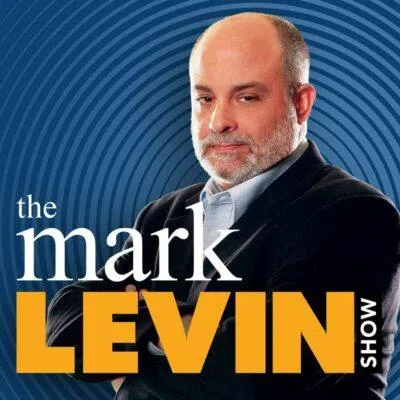A trial date in the criminal case of James Comey has been set for Jan. 5, but the former FBI director’s attorneys said Wednesday he will argue that the Trump administration is pursuing a vindictive prosecution against him in a bid to have the case dismissed outright.
According to The New York Times, Patrick Fitzgerald, Comey’s lead lawyer, said he intends to file two motions before the trial begins, with the first accusing the government of malicious and selective prosecution, underpinned by President Donald Trump’s public calls for Comey’s prosecution; and the second challenging the appointment of Lindsey Halligan as U.S. attorney.
Fitzgerald, who is a former federal prosecutor, said that Comey’s defense team remains unclear about the specifics of the charges he is facing, as last month’s two-page indictment gave little indication about the allegations.
“We still have not been told who Person 3 and Person 1 are,” Fitzgerald said, according to the Times, referring to the indictment, adding later that Comey’s team still hasn’t “been told precisely what is in count 1 or count 2.”
The former FBI director has been charged with one count of making a false statement and one count of obstruction of a congressional proceeding in connection with his September 2020 testimony before the Senate Judiciary Committee. If convicted, he reportedly faces up to five years in prison.
Comey appeared before U.S. District Judge Michael Nachmanoff — a Biden appointee — at his arraignment in Alexandria, Virginia, Wednesday morning. Fitzgerald entered a not-guilty plea on behalf of Comey and requested a trial by jury, which the judge granted, setting a trial date of Jan. 5.
Legal experts say vindictive prosecution motions are notoriously difficult to win, but Trump’s repeated attacks on Comey could provide a potentially powerful defense.
According to The Lawfare Institute, to succeed on a vindictive prosecution claim, a defendant must either prove that a prosecutor actually charged the defendant in retaliation for exercising their legal rights or show enough facts to create a “realistic likelihood of vindictiveness,” creating a presumption the government must then disprove by justifying its decision to bring charges.
In Wayte v. United States, the Supreme Court established a two-part test for succeeding in a selective prosecution claim: the defendant must show that prosecutorial discretion caused a discriminatory effect and was motivated by a discriminatory purpose.
© 2025 Newsmax. All rights reserved.


